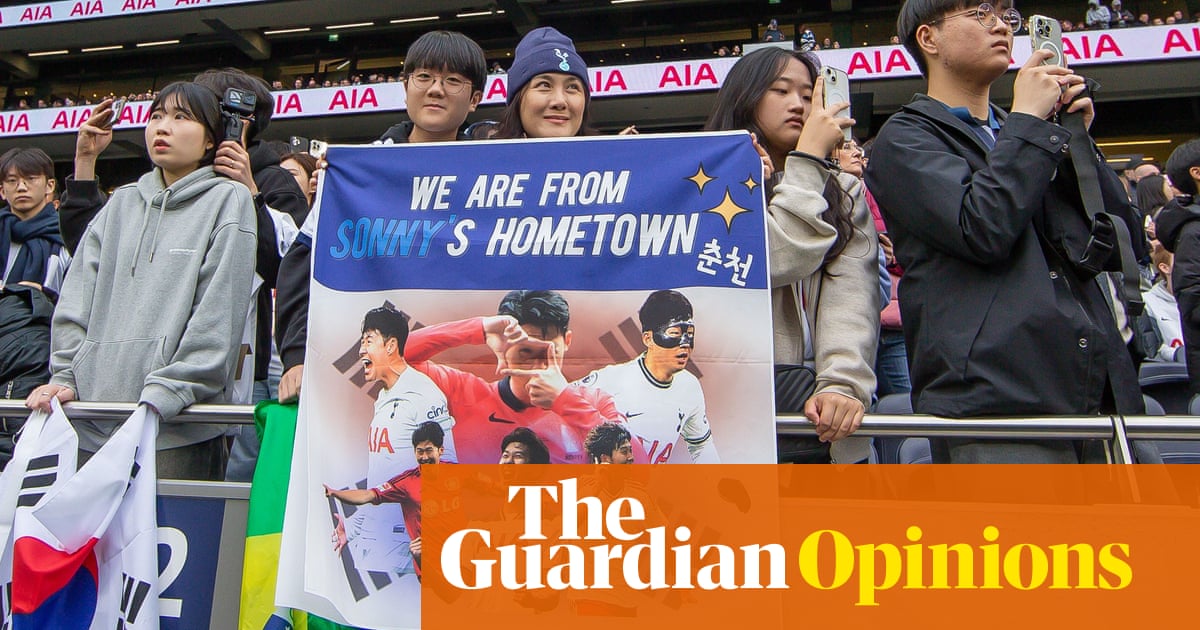1966_and_all_that
Well-known member
I found this article in The Guardian this morning. It's worth a read.

 www.theguardian.com
www.theguardian.com

The cultural division of football fans only serves those who wish to exploit it | Jonathan Liew
The battle between ‘true fans’ and ‘plastics’ weakens the ties between supporters and their inclination to unite and organise
